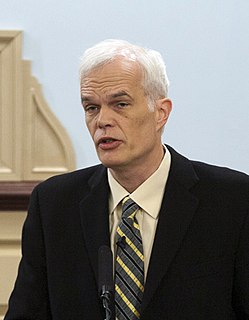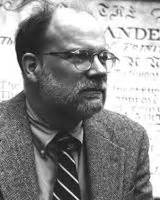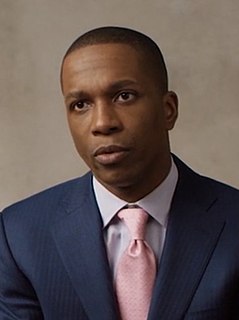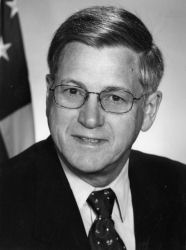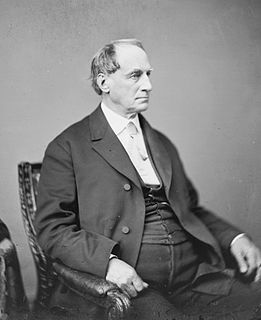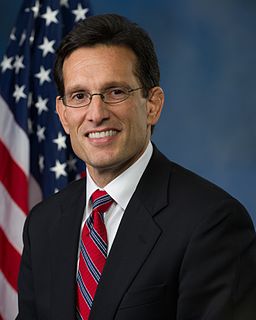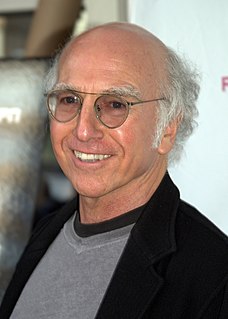A Quote by Richard Brookhiser
Madison loathed Hamilton and loved Jefferson above all.
Related Quotes
Intellectuals love Jefferson and hate markets, and intellectuals write most of the books. Intellectuals often think that they should, for the benefit of mankind, act as fiduciaries for the clods who don't have to be intellectuals, and I suspect that has to do with [why historians love Jefferson and not Hamilton, even though Hamilton's vision of America's commercial future was vastly more accurate than Jefferson's].
The American world had - seemingly, at least - become a Jeffersonian world by the election of 1800, which placed Thomas Jefferson in the presidency. Jefferson had been Hamilton's rival in the new government's early years, and Hamilton has figured in the public memory almost as much for that rivalry as for his positive achievements.
To exclude from positions of trust and command all those below the age of 44 would have kept Jefferson from writing the Declaration of Independence, Washington from commanding the Continental Army, Madison from fathering the Constitution, Hamilton from serving as secretary of the treasury, Clay from being elected speaker of the House and Christopher Columbus from discovering America.
How did Madison get separation through Virginia and later Congress? The Baptists, the Presbyterians, and the smaller sects hated Jefferson; to them he was a secularist of the worst kind. But Madison could get Jefferson's bill passed because the Baptists, the Presbyterians, and smaller sects who were excluded in New England and in the South got together for their own protection.
...several of the first presidents, including Jefferson and Madison, generally refused to issue public prayers, despite importunings to do so. Under pressure, Madison relented in the War Of 1812, but held to his belief that chaplains shouldn't be appointed to the military or be allowed to open Congress.
When John Adams - when - James Madison was writing - pretty much writing the Constitution, he got a letter from Thomas Jefferson, who was then-ambassador to France. And Jefferson said - I am paraphrasing - `Do not forget to keep habeas corpus and strengthen it.' That - in - that's the oldest English-speaking right. It goes back to the Magna Carta in 1215.
The first presidential veto, by George Washington, was a veto of Alexander Hamilton's formula for apportioning the House, and the one that Washington preferred was one that Thomas Jefferson produced, and that was one partisan issue. The apportionment formula that Jefferson produced gave an extra seat to Virginia. Everybody knew what that game was. Look, partisan interest in the census is simply nothing new.
